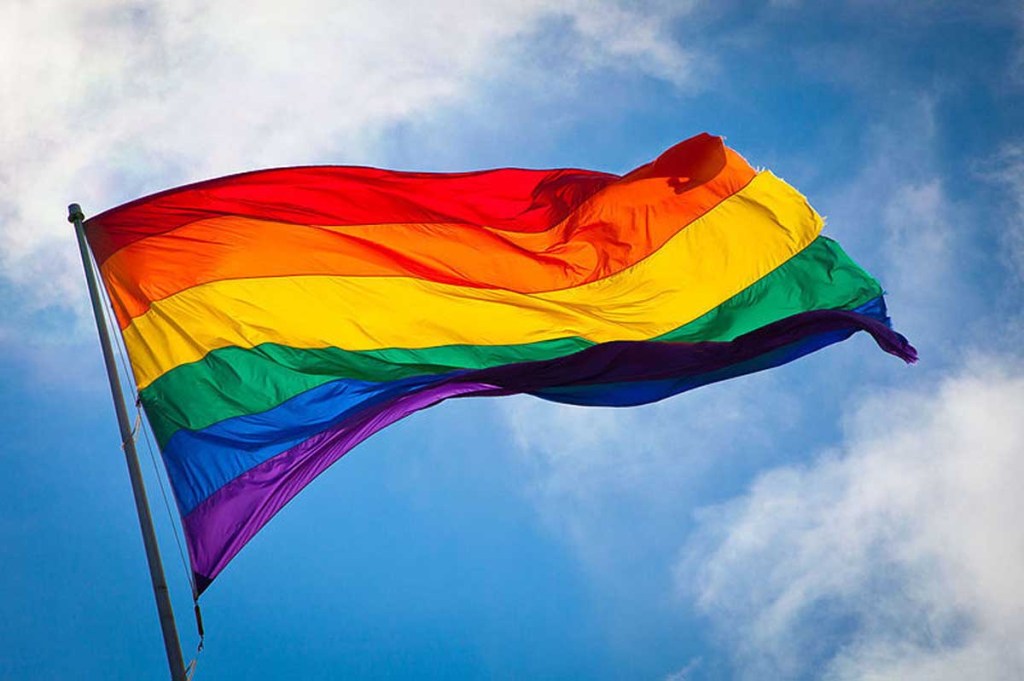Few protections mean Pennsylvia gays can marry, then be fired for it
Published 7:00 am Saturday, December 13, 2014

- Gay Marriage
HARRISBURG – Gay rights advocates say a federal court’s decision overturning Pennsylvania’s ban on same-sex marriage could force the state to confront other ways that homosexuals are still legally discriminated against.
The state’s anti-discrimination law – governing employment, housing and public accommodations – does not cover discrimination based on sexual orientation. Pennsylvania is the only northeastern state without such protections.
Trending
In May, when U.S. District Court Judge John E. Jones III struck down the same-sex marriage ban, Pennsylvania became the only place in America where it was legal for same-sex couples to marry but equally legal to fire a gay person for being married.
As same-sex bans have toppled across the country, this incongruity has become more common. It now exists in 16 states, according to the Movement Advancement Project, a think tank tracking issues affecting the LGBT community.
“Marriage equality has changed the dynamic,” said Levana Layendecker, spokeswoman for Equality PA, a group advocating for anti-discrimination protections based on sexual orientation. “We are about to see a significant shift.”
Thirty-four local governments have done what the state hasn’t and passed anti-discrimination ordinances.
However, in much of the state, including almost all of rural Pennsylvania, someone targeted by discrimination for their sexual orientation has little legal protection.
Workplace discrimination may be the most insidious, Layendecker said. Gay workers are often too afraid to lose their jobs to reveal their sexual orientation at work, she said.
That outrages people including Sonya Lenz, who was one of more than 300 business owners who expressed support for Equality PA’s campaign.
Lenz owns Airport Orbit, in Slippery Rock, which provides transportation to and from Pittsburgh International Airport. A tolerant workplace, she said, is more productive.
“If employees feel like they can’t discuss their lives at work, they are not going to perform as well,” she said. “If they are happy at work, it reflects well on the business. Employers need to wake up.”
Gay marriage could force the issue. Workers who take advantage of their legal right to marry may be less likely or able to hide their sexual orientation.
That could translate into short-term conflict, but advocates hope it also translates into long-term change.
The legalization of same-sex marriage has led to a handful of controversies.
Andy Hoover, legislative director for the ACLU in Pennsylvania, pointed to cases involving a dress shop in Bloomsburg, a baker in Schuylkill Haven and a banquet hall near Scranton, all refusing to serve same-sex couples planning weddings.
It’s unclear how common such problems are, though.
John DeBartola, president of the Keystone Alliance / Gaylife Newsletter, based in Johnstown, said he’s unaware of such problems in his community.
But he cautions that equality may take time.
“Now is a time of transition,” DeBartola said. “Just as it took time for the movements allowing black people to vote, it took time before it was integrated. We must see this as a time of transition, a time of slowly integrating things that allow all of us to feel accepted.”
His group is planning a Pride Prom this spring to give high school students a place to dance without fear of being bullied. The Keystone Alliance / Gaylife Newsletter held such a dance two years ago and it attracted 160 students, he said.
Dozens of other efforts are underway to create environments of tolerance for people, regardless of sexual orientation, despite the lack of statewide protection.
The ACLU’s Hoover said public opinion increasingly supports anti-discrimination protections – and that support is bipartisan.
“Pennsylvanians believe in fairness, regardless of their political affiliation,” he said. “And support for anti-discrimination protections consistently polls at 72 percent, including a majority of Republicans.”
That suggests a chance that Pennsylvania could adopt statewide anti-discrimination protections, even with Republicans in control of both chambers of the General Assembly.
Layendecker’s group has obtained expressions of support from 130 religious leaders, including some from faiths that do not sanction same-sex marriage, for anti-discrimination rules.
They include the Rev. Jane Ellen Nickell, chaplain at Allegheny College in Meadville and a minister in the United Methodist Church.
“We may disagree about the sanctity of same-sex marriage, but most United Methodists agree that the civil rights of all persons should be protected,” she said.
The Rev. Nickell said gay marriage and a sense of public acceptance could accelerate efforts to provide anti-discrimination protections based on sexual orientation.
“I think the tipping point will come when we create communities where LGBT persons feel safe to be open about their sexual identity and others can come to know them as people, not as stereotypes,” she said. “I have seen many college students whose views changed by getting to know gay and lesbian students and realizing that they are good people who want the same things out of life that all we all desire.”


